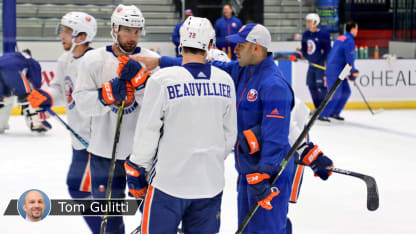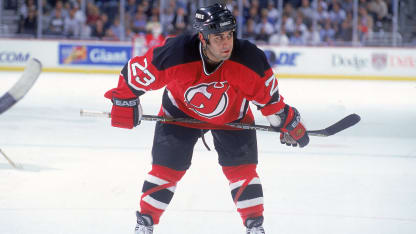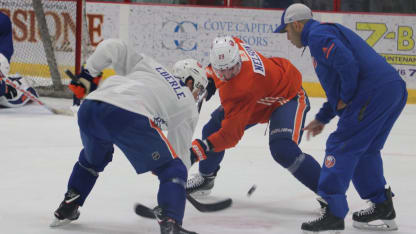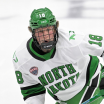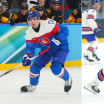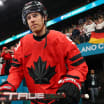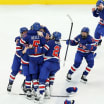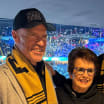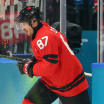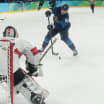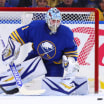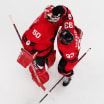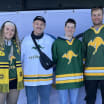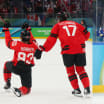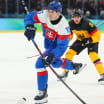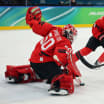As a two-time Stanley Cup winner and playmaking center who had 756 points (181 goals, 557 assists) in 1,079 NHL games with the Devils, New York Rangers, Montreal Canadiens, San Jose Sharks, Florida Panthers, St. Louis Blues and Ottawa Senators, Gomez gained a lot of knowledge he could share. Weight, who knew Gomez from when they played for the United States at the 2004 World Cup of Hockey and 2006 Turin Olympics, learned that during the course of their interview process.
Gomez set up their second interview with the help of a small lie. When Weight mentioned he was going to Seattle to watch forward Mathew Barzal play in the Western Hockey League, Gomez, who was at his home in Anchorage, Alaska, said by coincidence he had plans to be in Seattle at the same time.
After they got off the phone, Gomez scrambled to arrange a flight to Seattle.
"I guess [Weight] knows that now," Gomez said of his fib. "But I was really serious."
That has been evident in Gomez's work ethic since the Islanders hired him.
"He's at the office early every day and he wants to learn," Weight said. "So it's been great."
Weight, whose Islanders are 7-5-1 following a 4-3 loss at the Washington Capitals on Thursday, said Gomez has been a good fit on his staff alongside associate Greg Cronin, assistants Luke Richardson and Kelly Buchberger and goaltending coach Fred Brathwaite. During games, Gomez is the "eye in the sky," watching from the press box alongside Brathwaite.
His main responsibilities have been helping with the power play and doing individual video work with young forwards such as Barzal and Anthony Beauvillier to assist the 20-year-olds' adjustment to the NHL.
"He just shows me a lot of power play stuff and a lot of on the wall stuff, little tricks he used to use, ways to get away from defenders," Barzal said. "So he's really helpful for me."
Among the coaches that influenced him, Gomez lists Larry Robinson, Scott Stevens, Viacheslav Fetisov, Pat Burns and Oates, all members of the Hockey Hall of Fame. Gomez tries to incorporate what he learned from them into his coaching, but said the most important thing they taught him was to be himself.
"You can't change who you are," Gomez said. "I'm not going to go out there and start screaming and yelling at guys. You can't be a phony."
